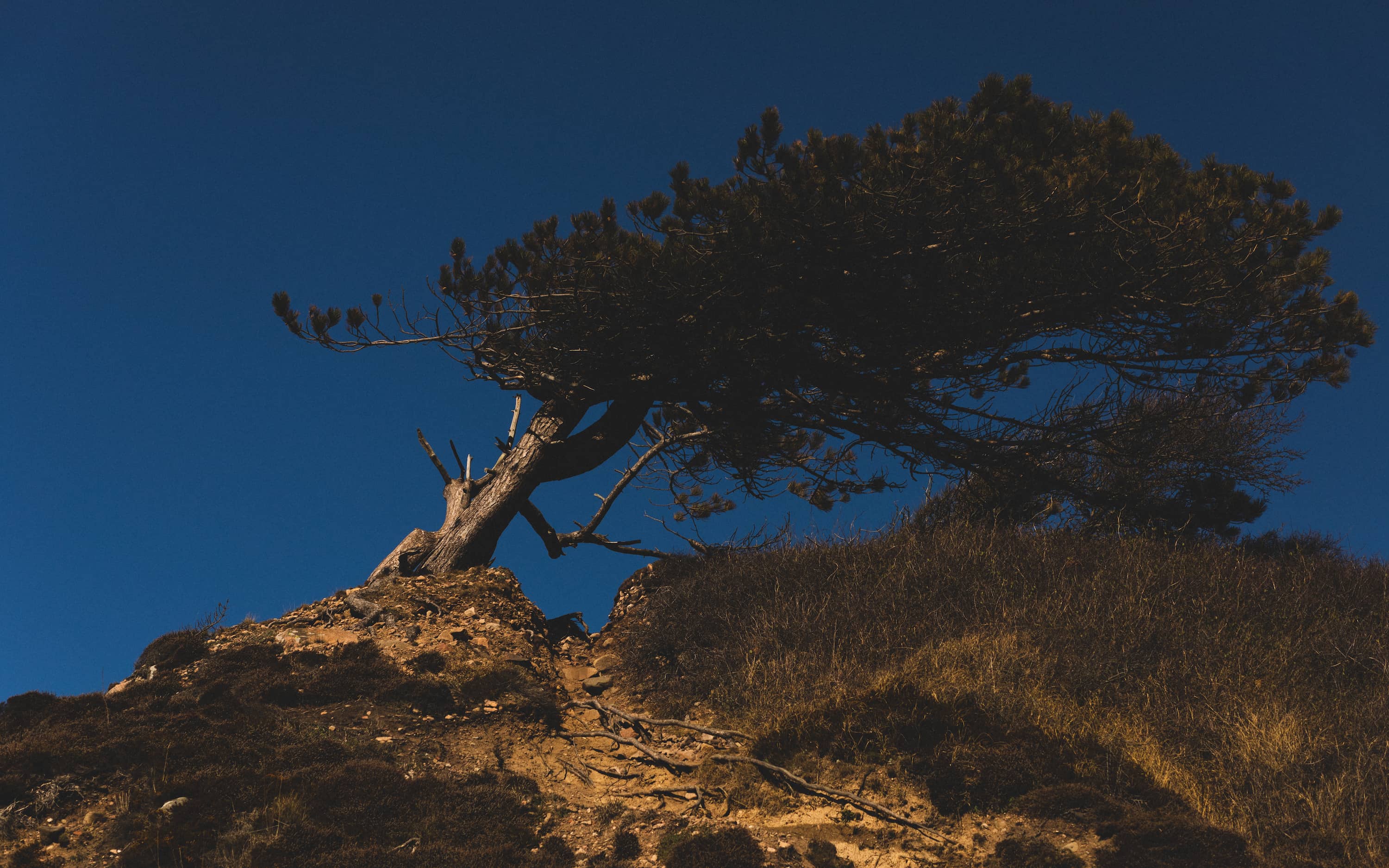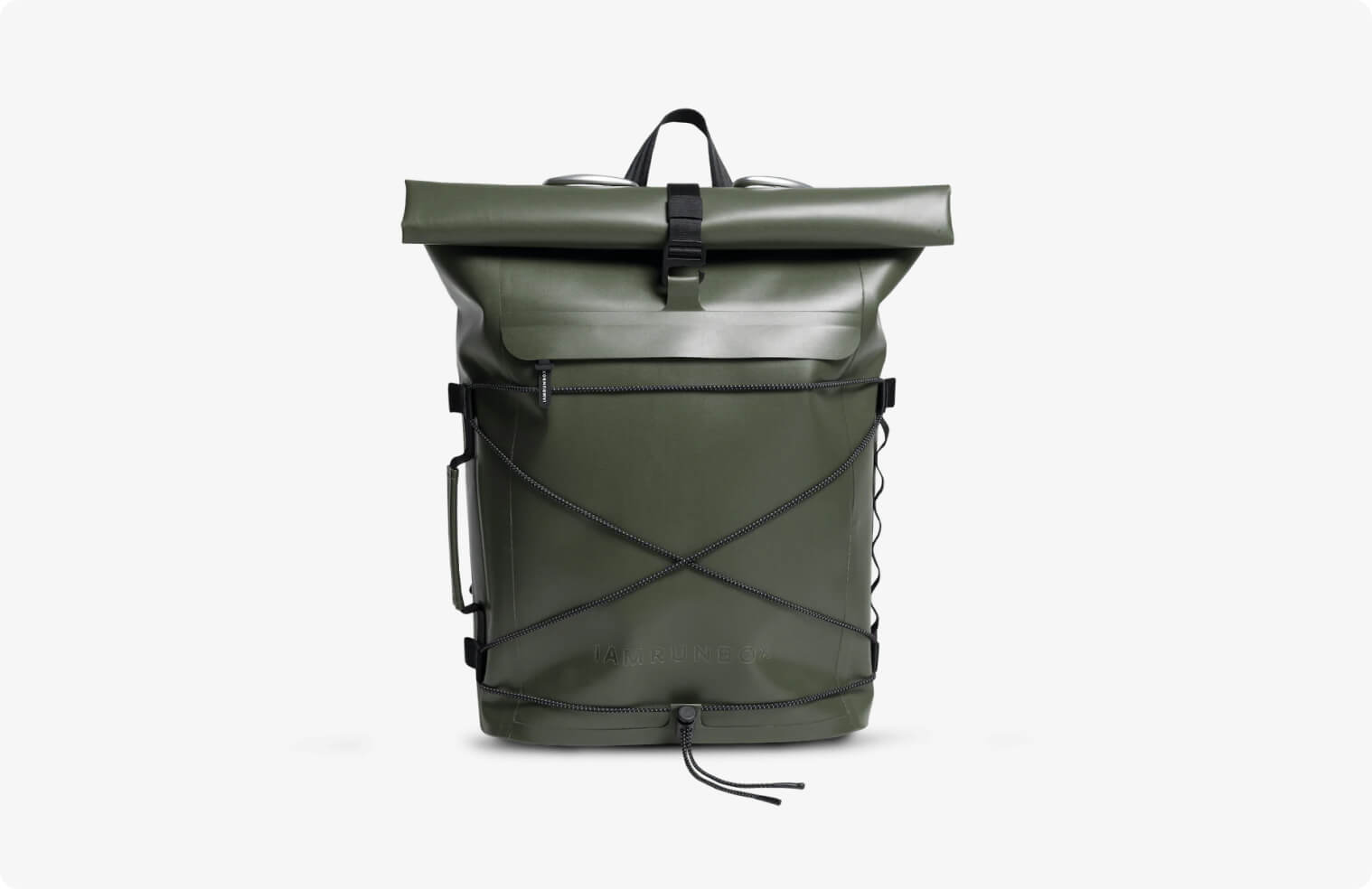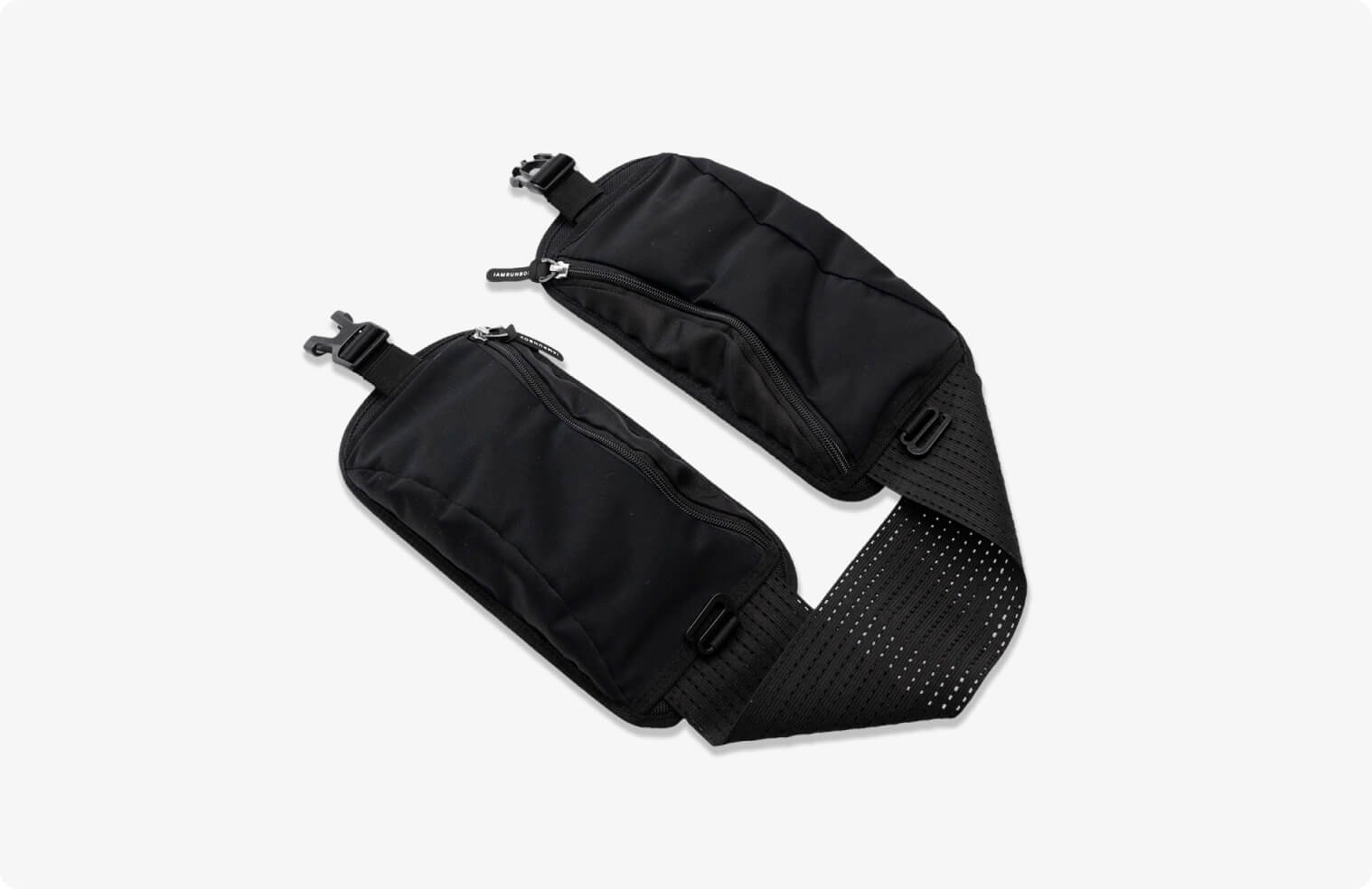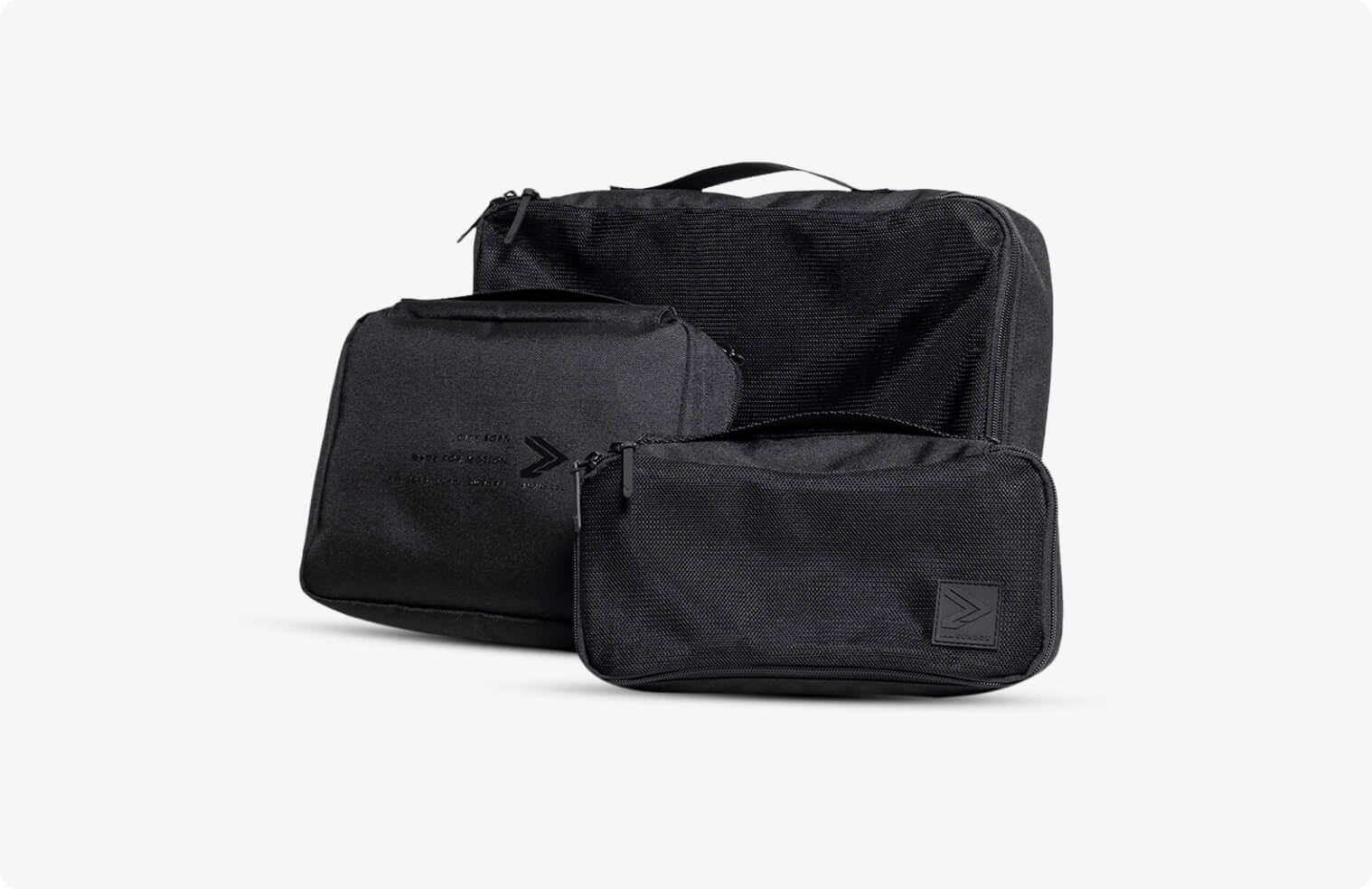
SLEEPRUNNER
“Sleepwalking is when someone walks or carries out complex activities while not
fully awake”.
Sleeprunning, on the other hand, is just a made up word by us to get your attention on this highly relevant and important matter: the importance of sleep and how exercise can affect it in both good and bad ways.
Sleeprunning, on the other hand, is just a made up word by us to get your attention on this highly relevant and important matter: the importance of sleep and how exercise can affect it in both good and bad ways.
A GLOBAL EPIDEMIC
We should spend one-third of our lives sleeping. It is a basic human need, crucial to
our overall health and well-being. Yet, sleep loss and sleep disorders are among the most common yet
frequently ignored health problems in the world. It is being referred to as a global
epidemic that threatens health and quality of life for up to 45% of the world’s population.
Lack of sleep is related to several significant long and short term health problems such as:
weakened immune systems, memory recall, obesity, diabetes, cancer, hypertension, ischemic heart
disease, stroke, diabetes, depression, anxiety and psychosis, etc etc. Most sleep disorders are
treatable or preventable, yet less than one-third of sufferers seek professional help
YOU'VE HEARD IT BEFORE
There are benefits of exercising. The listed health issues above can all be healed and
prevented through an active lifestyle. And by moving your body sufficiently your sleep quality
improves profoundly. Studies conclude that those who experience poor sleep are less active than
those with healthy sleep cycles.
Running alleviates daytime sleepiness, you fall asleep faster at night and it decreases the amount of time you lie awake in bed after dark. Your total sleep time gets longer and more efficient. It reduces stress and prevents sleep disorders like insomnia, sleep apnea, or restless legs syndrome.
Running alleviates daytime sleepiness, you fall asleep faster at night and it decreases the amount of time you lie awake in bed after dark. Your total sleep time gets longer and more efficient. It reduces stress and prevents sleep disorders like insomnia, sleep apnea, or restless legs syndrome.

NEGATIVE ASPECTS OF RUNNING?
But could running impact your sleep negatively? It’s a question that’s been debated over
the years, and recent chronobiology studies* show that aerobic exercise, like running*, during the three
to four-hour period leading up to sleep stimulates hormones of wakefulness instead of sleep, because it
increases your heart rate, body temperature and adrenaline levels.
You also need to eat and drink after a workout to restore the energy levels, repair muscles and build strength. Further studies show that eating late also has a negative effect on sleep, since our digestive system hunger for well-needed rests too.
You also need to eat and drink after a workout to restore the energy levels, repair muscles and build strength. Further studies show that eating late also has a negative effect on sleep, since our digestive system hunger for well-needed rests too.

BRAIN MASTERCLOCK
But is there a perfect time?
There is! If we listen to our internal clock. This is not hocus pocus stuff, but scientifically proved. Circadian 24-hour rhythm is synchronized with a masterclock in our brains, directly influenced by light. It basically means that we have a built-in sleep-wake, night-day, dark-light, active-rest cycle into our bodies. In the daytime we need to stay active. And in the nighttime we need the opposite. The brain waves get slower. Our body temperature drops. The gut needs to rest. Our heart rate goes down.
Research shows that it's impossible for us to acclimatize to the modern world with a sedentary lifestyle, bad food options and 24-hour high speed information flow in a healthy way.
So when and how are we gonna fit exercise into our busy lives in our busy societies?
There is! If we listen to our internal clock. This is not hocus pocus stuff, but scientifically proved. Circadian 24-hour rhythm is synchronized with a masterclock in our brains, directly influenced by light. It basically means that we have a built-in sleep-wake, night-day, dark-light, active-rest cycle into our bodies. In the daytime we need to stay active. And in the nighttime we need the opposite. The brain waves get slower. Our body temperature drops. The gut needs to rest. Our heart rate goes down.
Research shows that it's impossible for us to acclimatize to the modern world with a sedentary lifestyle, bad food options and 24-hour high speed information flow in a healthy way.
So when and how are we gonna fit exercise into our busy lives in our busy societies?

THE IDEAL HOUR
Although there is no specific universal time that is better, research shows that
running in the late afternoon creates ideal sleep conditions for the average human. Why? What’s
going on in your body? Running provokes a sharp rise in body temperature followed by a gradual
cooling, that paves way for sleep. It basically mimics the natural flow of the circadian rhythm.
Late afternoon runs also stimulate melatonin release that kicks in just around bedtime and allows
time for endorphin levels and core body temperature to return to perfect sleep levels.
Running at this hour also helps the mind to relax in preparation for sleep and calms anxiety and depression. When you get a good night’s sleep, it's much easier to engage in exercise the next day too. And on and on it goes…
Running at this hour also helps the mind to relax in preparation for sleep and calms anxiety and depression. When you get a good night’s sleep, it's much easier to engage in exercise the next day too. And on and on it goes…
EARLY BIRDS AND NIGHT OWL
Everyone on Earth has a natural rhythm. Daytime is when we are supposed to be awake
and nighttime is when we are supposed to sleep. But some may not have the privilege to go with that
flow and there are always exceptions and variations.
It might be a job that requires night shifts, or you just happen to be a morning person or night person. Your chronotype, your age, and any underlying health conditions can also affect.
Benefits of outdoor morning runs is the exposure to sunlight, in harmony with the circadian rhythm, that makes it easier to fall asleep early. And if you are at risk of high blood pressure you may see greater improvements to sleep quality and nighttime blood pressure after exercising in the early day.
Studies find that early risers are more likely to engage in physical activity than those who sleep in or are more active in the evening, but perhaps you’re a night owl that doesn’t have any trouble at all exercising at night? There are always exceptions to the norm.
It might be a job that requires night shifts, or you just happen to be a morning person or night person. Your chronotype, your age, and any underlying health conditions can also affect.
Benefits of outdoor morning runs is the exposure to sunlight, in harmony with the circadian rhythm, that makes it easier to fall asleep early. And if you are at risk of high blood pressure you may see greater improvements to sleep quality and nighttime blood pressure after exercising in the early day.
Studies find that early risers are more likely to engage in physical activity than those who sleep in or are more active in the evening, but perhaps you’re a night owl that doesn’t have any trouble at all exercising at night? There are always exceptions to the norm.


GET ORGANIZED
xperiment a bit to find an exercise schedule that works for you. Try shuffle hours to see if it affects your sleep or not. Studies also suggest that it's possible to shift your circadian rhythm and daily preferences. Some professional athletes that train a lot and also at weird hours take melatonin supplements to help reset the circadian rhythm and reduce the effects on sleep quality, but it’s nothing that we recommend.
The golden rule is to listen to your body and mind. What works best for you and your unique situation? If you can’t run in the favorable afternoon hour, it's still better to run whenever instead of skipping the exercise completely, for several health reasons. Sleep well, folks.
Nighty Nighty!
The golden rule is to listen to your body and mind. What works best for you and your unique situation? If you can’t run in the favorable afternoon hour, it's still better to run whenever instead of skipping the exercise completely, for several health reasons. Sleep well, folks.
Nighty Nighty!
SOME SAD STATISTICS
- A US study has estimated the annual costs of insomnia to be between $92.5 billion and $107.5 billion.
- 71,000 people suffer injuries every year due to sleep-related accidents.
- 1,550 people die because of sleep-related accidents.
- 46% of individuals with frequent sleep disturbances report missing work or events, or making errors at work, compared to 15% of healthy sleepers.
* University of Caen Normandy, France; University of Wisconsin Madison; University of California Irvine, etc
* Examples of cardiovascular or aerobic exercise are running, jogging or walking, swimming, cycling and stair climbing.
Read also
Beat The Heat - A Little Survival Guide To Summer Running
https://www.sleepfoundation.org/physical-activity/exercise-and-sleep
https://worldsleepday.org/usetoolkit/talking-points




